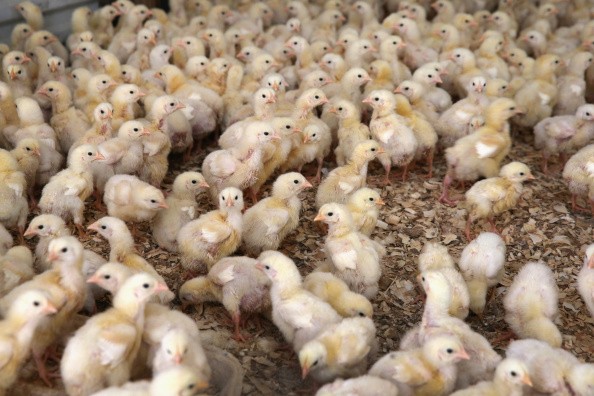
Indiana will have prison inmates working to kill chickens because of bird flu. Iowa is dealing with thousands of rotting birds. Mississippi is considering roadblocks. Most states that have a large egg or chicken industry are looking to use every tool at their disposal to either halt the epidemic or to try to keep it from getting a foothold within their borders. Few states are not worrying.
Federal health and agriculture officials say that the avian flu may have reached a peak because the epidemic is expected to die back a bit with warmer summer weather. However, in the fall, when cool temperatures return, the epidemic may surge again.
Even if the flu goes away entirely, more than 45 million chickens and turkeys have already had to be killed in 16 states and Canada. At some farms, the stench of dead birds is rising. The U.S. Department of Agriculture may hire more contractors to put the dead fowl into landfills or incinerate them. Indiana has trained prison inmates wearing respirators to help with culling flocks and disposing of the dead birds.
Several states that the flu has not hit are preparing in case they are hit. Many states--both affected and not--have banned all bird shows at county fairs. Roadblocks to stop importing of any birds may be put in place in Mississippi if needed.
The avian flu originated in Asia and migratory wild birds brought it to North America. Wild geese and ducks may spread it within the United States.
Avian flu is not transmissible to humans, but all strains of flu can mutate rapidly. The U.S. Centers for Disease Control and Prevention has said that it does not think that this strain will spread to humans. However, farm workers in Minnesota, Wisconsin, Iowa, and South Dakota have been offered antiviral medication as a precaution.



